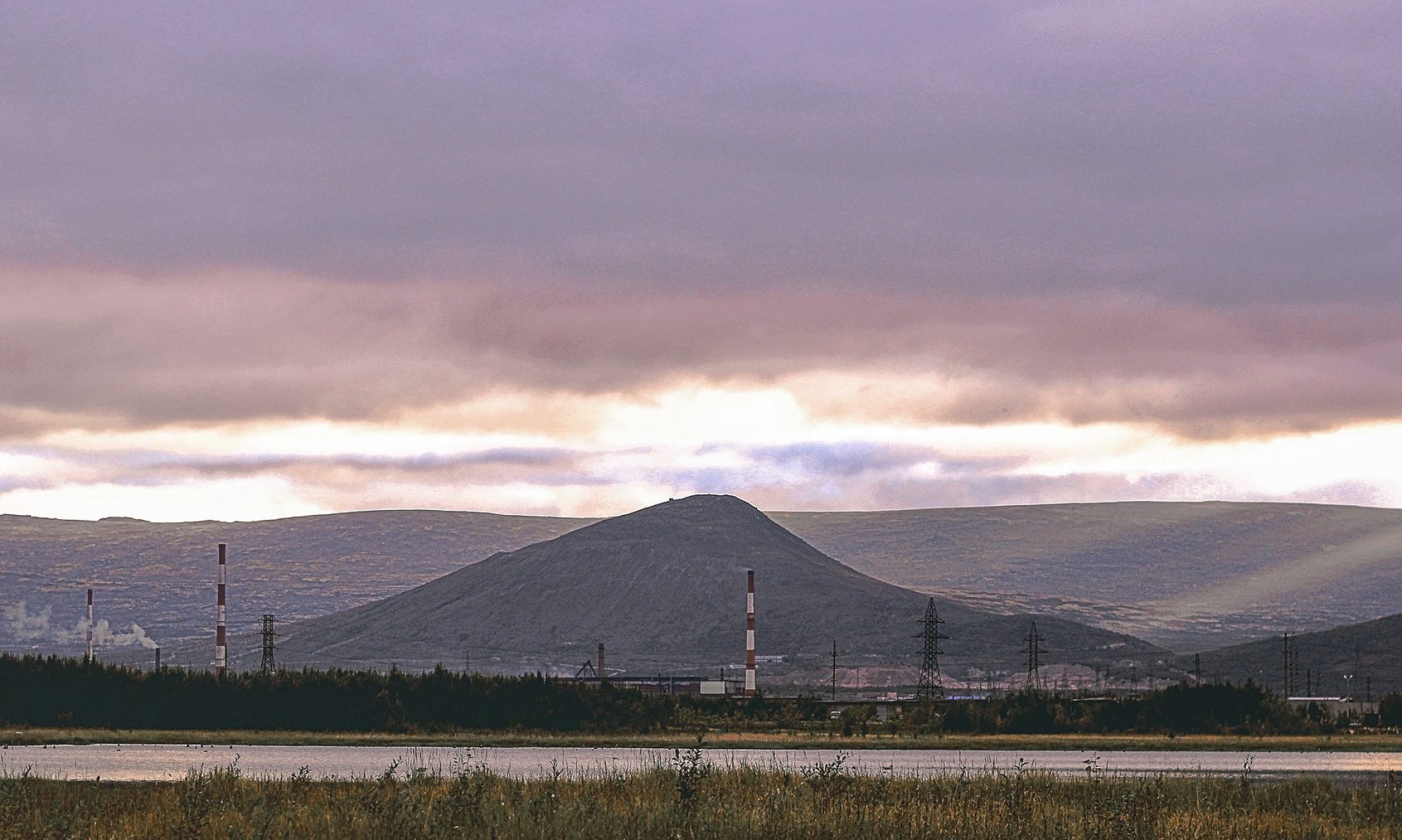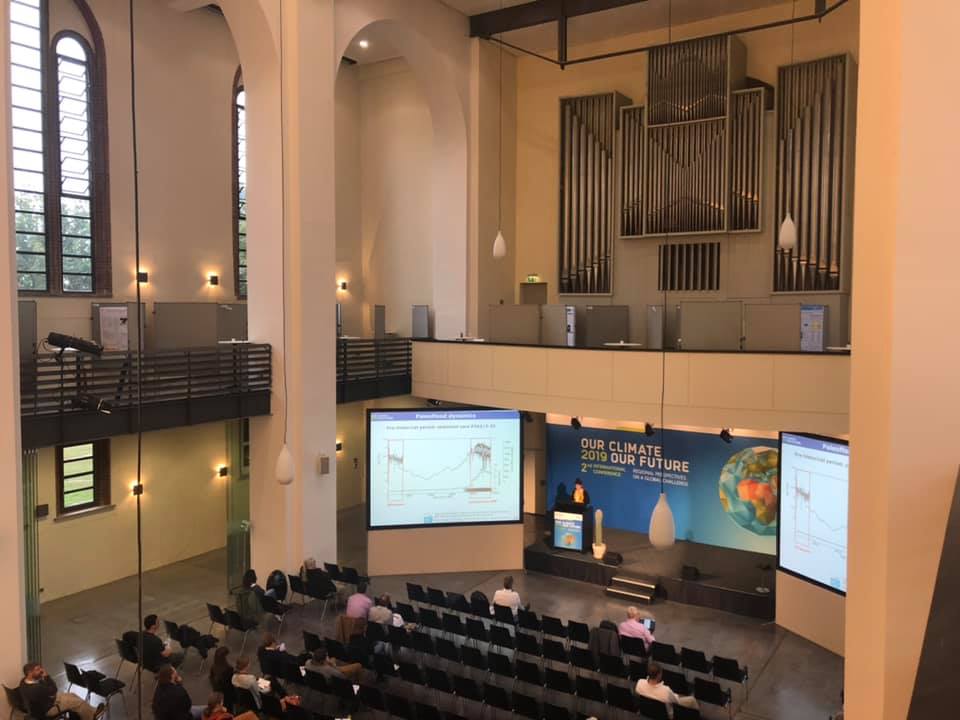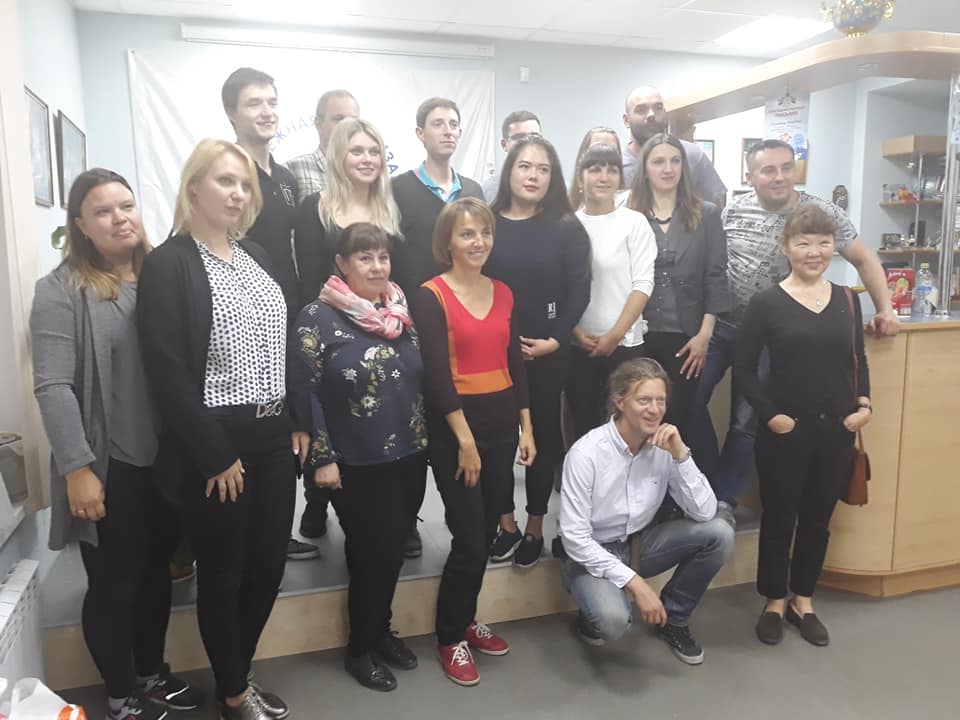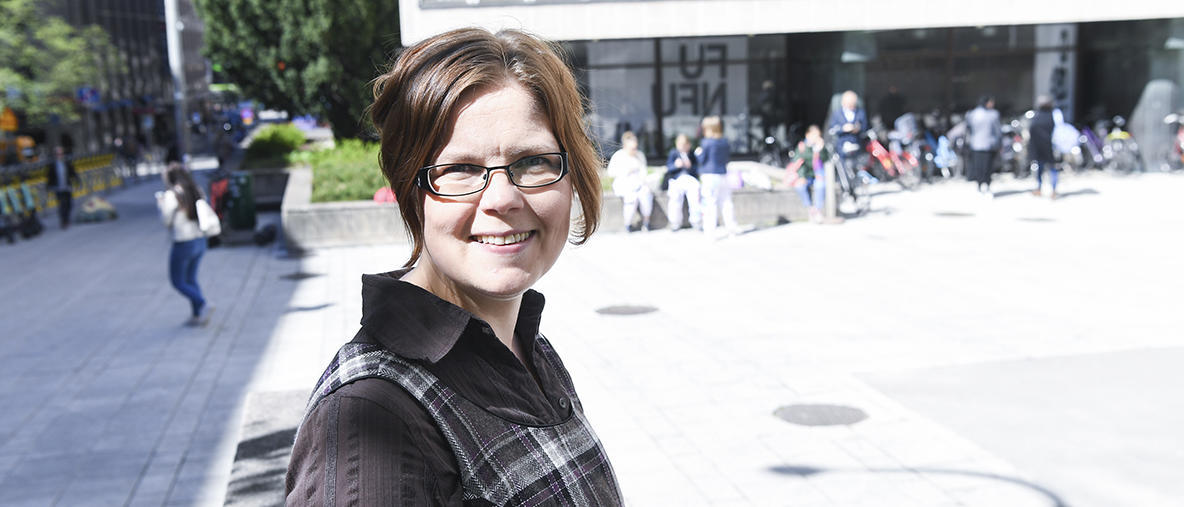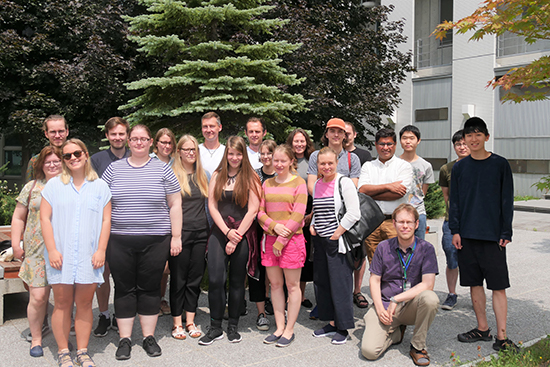Sakari Höysniemi got his article “Towards Carbon-Neutral Mobility in Finland: Mobility and Life Satisfaction in Day-to-Day Life” published in the Sustainability journal. The article is co-authored with Arto O. Salonen and will be part of Sakari’s PhD dissertation.
Finland, a prosperous Nordic country with a population of 5.5 million and significant distances between towns, though quite short distances traveled by car, is aiming to be a carbon-neutral society by 2035. Due to the level of urgency, a technological pathway with decarbonization of fuels and innovation only, is unlikely to be sufficient. Instead, a more systemic change based on a transformative pathway with demand-side management, i.e., measures based on behavioral change, is vital. In this research we were interested in learning how life satisfaction relates to the behavioral intentions of Finnish citizens, regarding a sustainable modal shift. We focused on walking, cycling, public transport and reduction in car use, e.g., a transition from fossil fuels to active mobility, from ownership to usership. Data were collected via a questionnaire in April 2017. The respondents (n = 2052) provided 2335 comments as to why they considered a specific sustainable modality as being important to them. We applied both qualitative and quantitative methods in order to establish how the mobility behavior of citizens manifests nationwide and the types of arguments that citizens put forward concerning their mobility intentions. The results indicate that there is a strong relationship between the respondents’ reduced use of private cars and their life satisfaction. There is a concern about sustainability and a willingness to change current mobility practices, as well as signs of altruism, while hedonic concerns such as health and personal finances dominate the responses. Furthermore, concerns about social injustice, such as a lack of public transport, are emerging themes, i.e., when enacting mobility transitions it is vital to focus on how to enable a meaningful life for all demographic groups using suitable mobility services.
This is an open access article and it can be read online.
